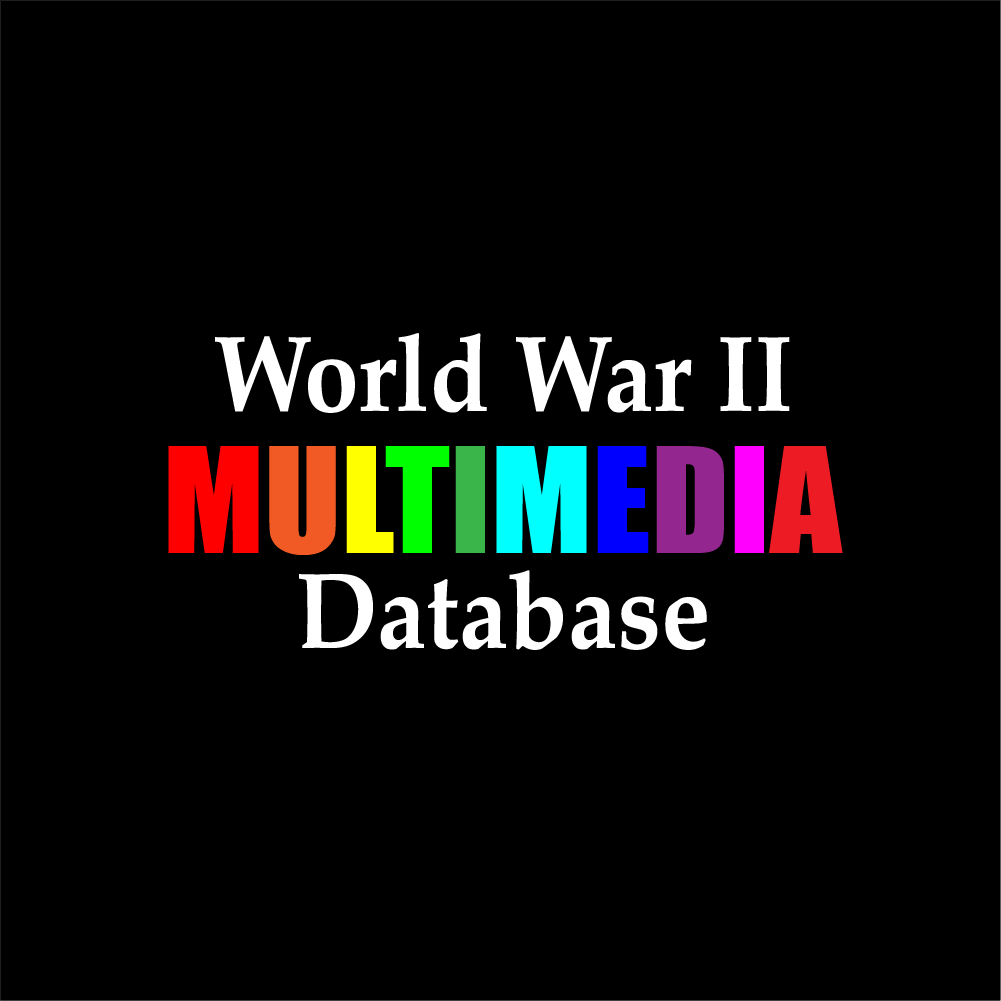The American public largely ignored the war crimes trials in Tokyo and throughout Asia in 1946-1948. Unlike the charismatic Nazi leadership, who were infamous throughout Europe, the Japanese leadership was not well known. That was due in part to the Allied propaganda, which did not want to criminalize the Emperor. If the Allied public saw him as a criminal, they would demand his removal, which would have prolonged the war.
Hirohito’s role in the conflict is not clear. He is generally seen as ineffectual, although there was some evidence offered in the 1990’s that showed he was an active participant in the war planning. However, to maintain order in Japan, the Emperor was not indicted.
Those executed soon after the war included Hideki Tojo, General Masaharu Homma, General Tomoyuki Yamashita, and five others who were blamed for atrocities during the war. The Japanese argued that they were subject to war crimes trials simply because of the heinous crimes of their German allies, essentially claiming the Allies were finding them guilty by association.
The Men put on trial in 1947 and 1948 were the first of 20,000 civilian and military former leaders who had either killed prisoners or had participated in the vague crime of instigating the war. While many would endure prison sentences of varying lengths, 900 were executed in trials around Asia.
The actions of Unit 731 in China were ever examined at the War Crimes Trials in Tokyo. Using biological, chemical and thermal tests on Chinese and Allied prisoners, they dropped bubonic plague on Chinese cities, froze naked Soviet prisoners in refrigerators, and experimented with anthrax, mustard and phosgene gas on POWs. Very little about unit 731 was known until the 1970s. The Tribunal does investigate the forced sexual slavery of hundreds of thousands of Korean, Chinese, Dutch and Filipino women. No compensation, or even a statement of admission, was given. That topic is a source of fierce debate in Asia today.
What was never recounted in either the European or Asian war crimes trials were the Allies’ war crimes. Systematic atrocities on the scale of Manila or Nanjing were never committed, but there had never been an apology or understanding of the horrors of firebombing of civilians and the use of atomic weapons.
Most of the 20,000 men were released when the Americans ended their occupation in 1952. Many right-wing Japanese deny there were war crimes at all. The 1997 release of Iris Chang’s The Rape of Nanjing resulted in a reexamination of World War II in Japan, with many people beginning to understand and examine Japan’s actions.

Author of the World War II Multimedia Database
